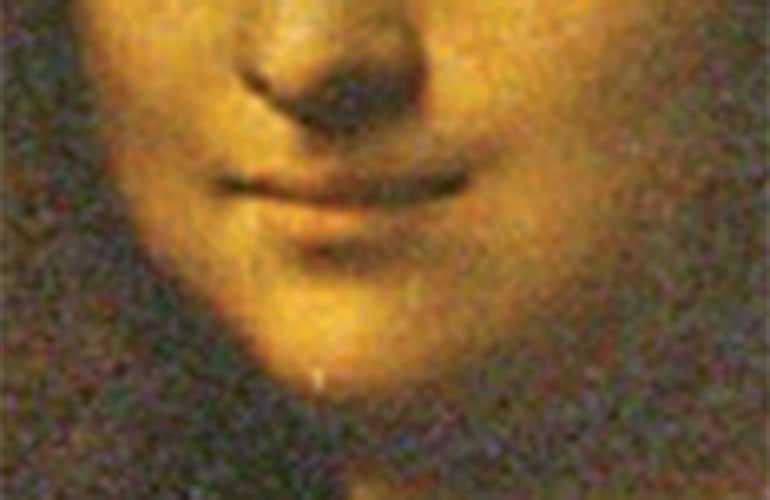The bewitching smile
In 2000, scientists at Harvard University suggested a neurological explanation for Mona Lisa’s elusive smile.
When a viewer looks at her eyes, the mouth is in peripheral vision, which sees in black and white. This accentuates the shadows at the corners of her mouth, making the smile seem broader.
But the smile diminishes when you look straight at it. It is the variability of her smile, the fact that it changes when you look away from it, that makes her seem so alive, so mysterious.
55
291 reads
CURATED FROM
IDEAS CURATED BY
The idea is part of this collection:
Learn more about history with this collection
The historical significance of urban centers
The impact of cultural and technological advances
The role of urban centers in shaping society
Related collections
Read & Learn
20x Faster
without
deepstash
with
deepstash
with
deepstash
Personalized microlearning
—
100+ Learning Journeys
—
Access to 200,000+ ideas
—
Access to the mobile app
—
Unlimited idea saving
—
—
Unlimited history
—
—
Unlimited listening to ideas
—
—
Downloading & offline access
—
—
Supercharge your mind with one idea per day
Enter your email and spend 1 minute every day to learn something new.
I agree to receive email updates
